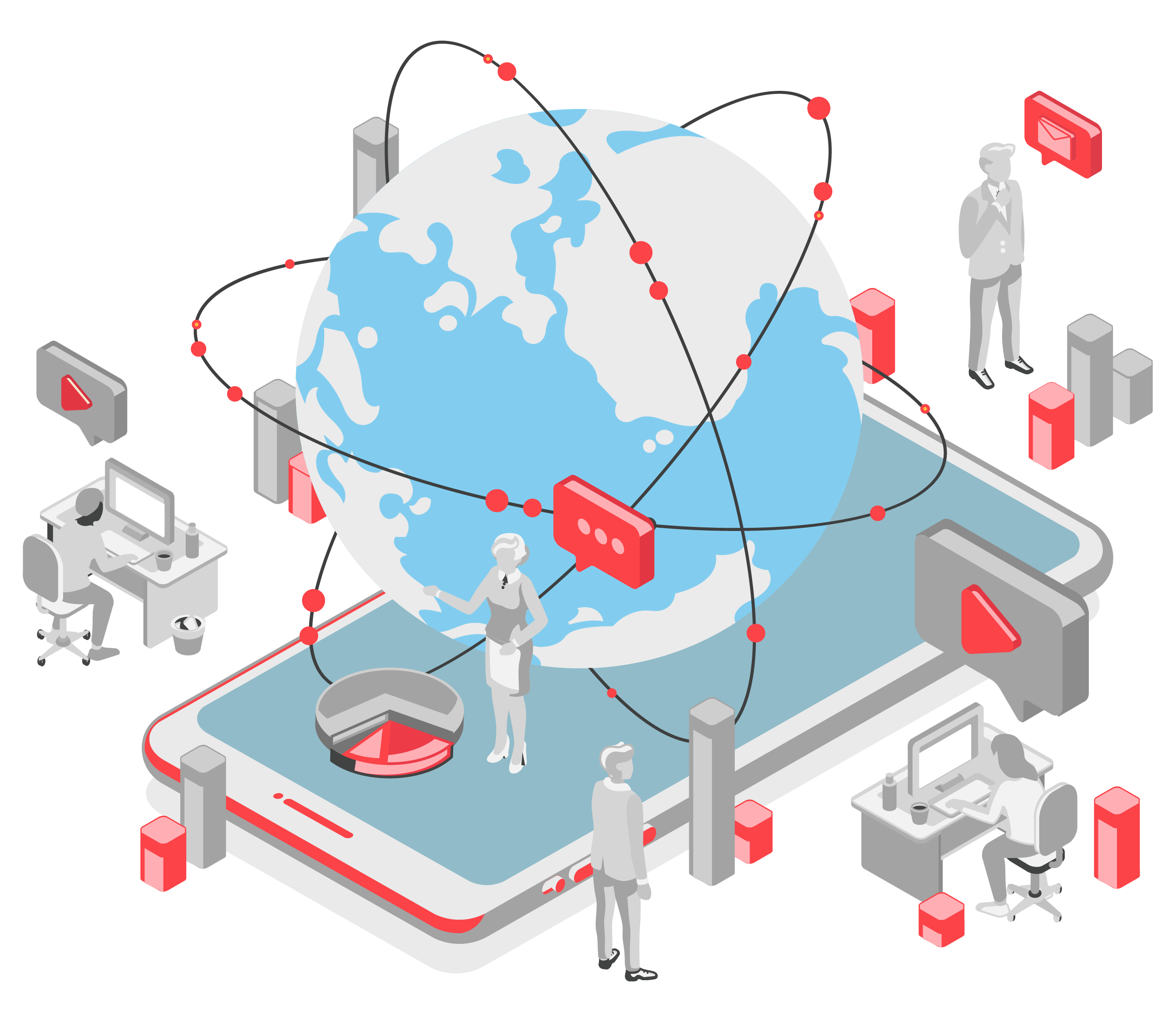
Migrant Digital Justice
The use of data and technology for immigration enforcement is increasingly putting people who are already extremely vulnerable at greater risk. Migrants are finding their rights to access their personal data undermined; they are being denied the opportunity to challenge immigration decisions made about them due to lack of evidence; algorithms that have in-built discrimination are taking visa decisions instead of people; people on immigration bail are being monitored around the clock using GPS ankle tags; to name but a few examples of the harms caused by the UK immigration system increasingly relying on digital solutions. What’s more, migrants often have less access to human rights protections and fewer resources with which to assert their rights.
This digitisation isn’t just a UK phenomenon. Governments around the world are relying more and more on digital tools to control migration and the harms they are causing has aroused significant concern. In 2020, the UN Special rapporteur on racism and xenophobia, Professor Tendayi Achiume, raised serious concerns about this issue, drawing attention to the potential digital technologies have to breach migrants’ human rights. In the US, the National Immigration Law Center has similarly warned, “Immigrants are caught in a complex and opaque web of databases, related systems, and information-sharing mechanisms that facilitate immigration enforcement and erect barriers to their full participation in economic and social life.”Petra Molnar’s 2020 report voices the way in which uses of migration management technology ‘perpetuate harms, exacerbate systemic discrimination and render certain communities as technological testing grounds’. What’s clear is that immigration control is a problem more and more governments are attempting to solve through digitised means and as their take-up increases, so does the risk of mistreatment to the migrants who navigate what the Mayor of London in 2020 described as ‘our broken and hostile immigration system.’
The UK’s immigration system changed dramatically in the UK with the introduction of the Hostile Environment, implemented through the 2014 and 2016 Immigration Acts. It was designed to limit migrants’ rights and discourage them from accessing public services, such as health, housing or other support. Because trying to obtain help while having an irregular immigration status became a criminal offence under the Acts, ‘undocumented migrants may find themselves criminalised for doing what they must do to survive.’Other potential risks include being detained under immigration powers, and removal/deportation from the UK.
This outlawing of aid for migrants has now been exacerbated by the digitisation of the Hostile Environment. In a briefing published last year by the Joint Council for the Welfare of Immigrants, Foxglove and Liberty, they wrote that:
The digitisation of the Hostile Environment fits in with the wider move towards privately provided, opaquely instituted digital systems across government departments that target and impact the poorest and most vulnerable.
Huge data sharing agreements already existed between different government agencies and departments, such as the Department for Work and Pensions (DWP), HM Revenue & Customs, NHS trusts, businesses, employers or landlords.
In 2018, a data-sharing agreement between the NHS and the Home Office which allowed the Home Office to seek confidential patient information via the NHS for immigration purposeswas scrapped following a legal challenge launched by Migrants’ Rights Network.
Now vast swathes of sensitive migrant data are stored in a centralised government database. According to the Royal Society, this sharing and retention of data:
…has intensified during the pandemic and the UK government has been described as wanting ‘pandemic levels of data sharing to be the new normal.’ Nowhere was the desire for increased data sharing more evident than in the National Data Strategy published in 2020. The Government has been eager to explain what benefits will be reaped by businesses, government and organisations by accelerating data sharing. However, it has been less eager to address the risks that this poses and detail what safeguards it would put in place to mitigate against these risks.
More recently, the Government detailed its proposals to reform the UK’s data protection regime claiming that they will increase efficiency and improve the use of data in the process of government. It is difficult not to consider the proposals in the wider context of the Government’s stated desire to increase the collection and sharing personal data and what this means for privacy, civil rights and civil liberties particularly for the most vulnerable and marginalised.
In this context, how can migrants’ rights organisations best protect the rights and interests of those for which they are advocating, those they support?